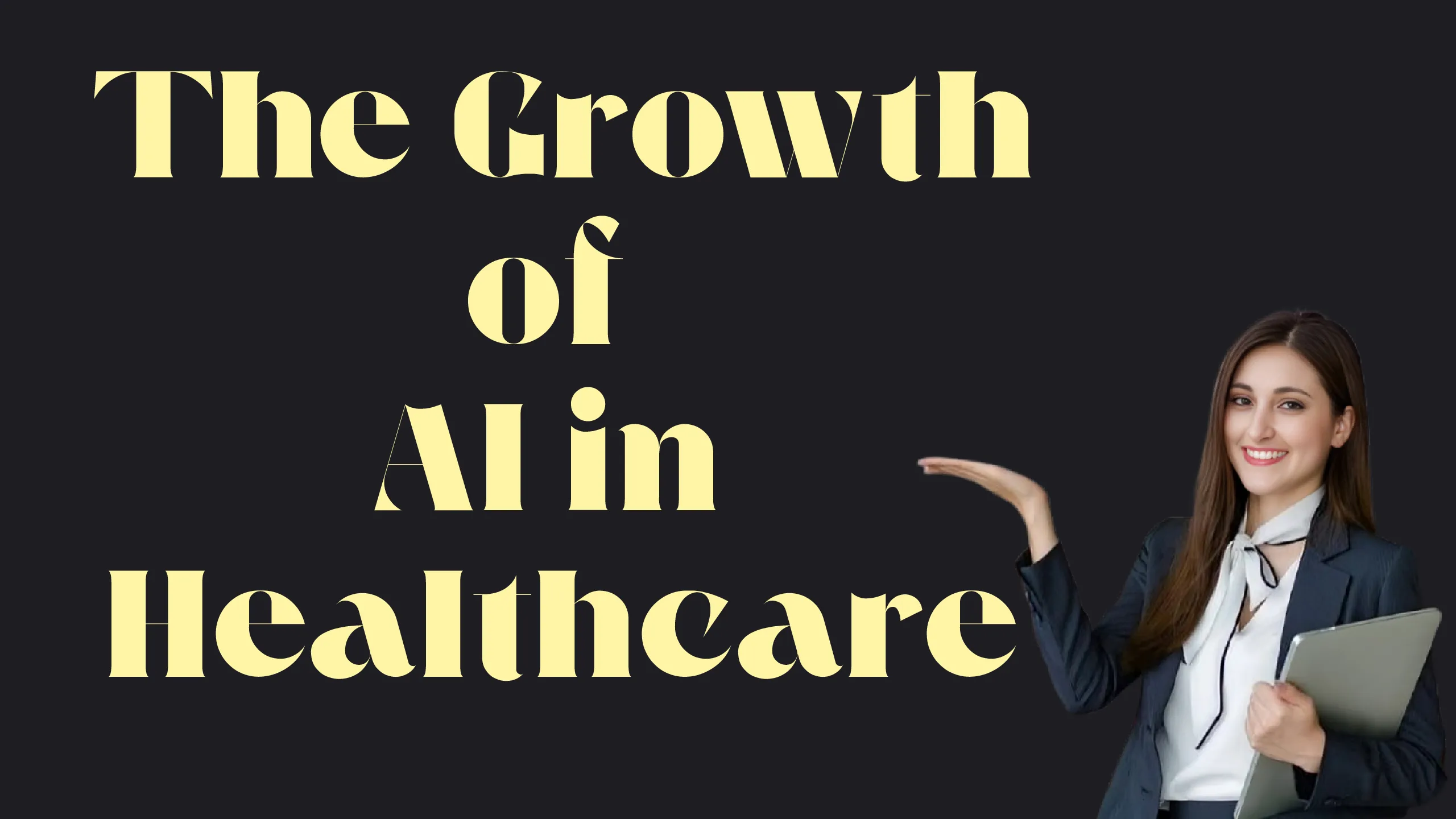In 2025, artificial intelligence (AI) has evolved beyond a technological innovation—it’s now a core driver of transformation in healthcare. AI is known as the centerpiece of an outstanding healthcare revolution. From diagnostics and drug creation to virtual assistants and remote monitoring, AI is changing how care is delivered, managed, and experienced by patients and providers.
Transforming Diagnostics, Drug Discovery and Clinical Workflows
Corporate giants—Amazon, Nvidia, Microsoft, Apple, Google, Oracle, Salesforce, and Palantir—are pouring money into developing healthcare AI applications. These developments range from AI-assisted medical imaging to automating clinical documentation to expediting drug discovery. These technologies offer healthcare organizations the opportunity to improve administrative workflows while decreasing the time of diagnosis, identifying early stage disease, and increasing accuracy.
AI Virtual Assistants and Real-Time Remote Monitoring
Now with more AI-enabled virtual healthcare assistants, patients can schedule appointments, filter their symptoms, and manage chronic illness easier than ever. At the same time, wearable monitors collecting vital signs, together with remote patient monitoring (RPM) platforms that support vital signs in real-time, are transforming patient intervention and coaching. AI-enabled applications are enhancing patient participation while providing healthcare providers more time to focus on complex clinical care.
Personalized Medicine and Predictive Medicine
With AI and advances in genomics and biomarker science, personalized medicine is now establishing itself as a clinical norm. These are examples of tailored therapies that are driven by genetic profiles, treatments that are now well established for many cancers, neurological disorders, and rare diseases. Predictive analytics powered by AI can use collective patient data to analyze and determine potential health risks so that they can be mitigated before they arise. In the case of sepsis (for example), or risks for cardiac events.
Digital Therapeutics and the Push for Value-based Care
Digital therapeutics (DTx) are patient-specific condition-based interventions that can be delivered via apps, smart inhalers, and gamified platforms. These innovations have been game-changing for patients in poorer regions, and they also fit well alongside value-based care models that reward health outcomes instead of volume, encouraging providers to care for the patient over the treatment.
Cybersecurity and Patient Safety in an Interconnected World
Due to an increase in the use of IoT-enabled devices and cloud systems to track, view and communicate all the facets of a patient’s health, cybersecurity has become a priority. Things like blockchain, biometrics, and new secure option protocols are becoming part of protecting patient’s records.
Emerging Innovators and Global Developments
While much of the activity has been driven by the giants in tech, there are also a number of startups and public sector strategic plays that are very important. For instance, the UK’s ValueCare Group have features MICA, an AI powered wearable that allows users to record their symptoms and provides prompts following a users’ own input. In the case of India, there are a number of research institutes, such as CSIR‑NIIST that are working towards adapting genomic research and bio-manufacturing policies for local populations — an essential step in making sure that AI developments globally are inclusive and equitable.
Consumers Embrace AI for Everyday Health
AI is starting to be a recognized wellness partner for the typical individual. A recent survey reported that 35% of Americans are using AI tools for exercise tracking, meal planning, mental health support, and fact-checking medical information. Trust in AI is still way behind trust in physicians, but it is a credible health resource.
The Future of Healthcare Is Here
AI is no longer a budding idea, it will be integrated into healthcare today. AI will inherently impact most levels of the healthcare system in terms of bettering patient experience, improving access to care, reducing costs, as well as progressing safety and individualization.
However, it’s important to acknowledge that such powerful advancements come with significant responsibilities. The health sector must be prepared to confront ethical implications of AI, data privacy and access to AI as it will continuously become imbedded into day to day practice. Together, tech companies, regulators, healthcare providers and patients can make sure this transformation is for the benefit of all and not just the elite.
What is clear moving forward is that Artificial Intelligence is growing not only in medicine; it is medicine.
Learn More: Top 5 vitamins and minerals for older adults to always stay Healthy and become a strong









1 thought on “Best 5 Growth Tips of AI in Healthcare: Reshaping Patient Care and Operational Efficiency”
Comments are closed.